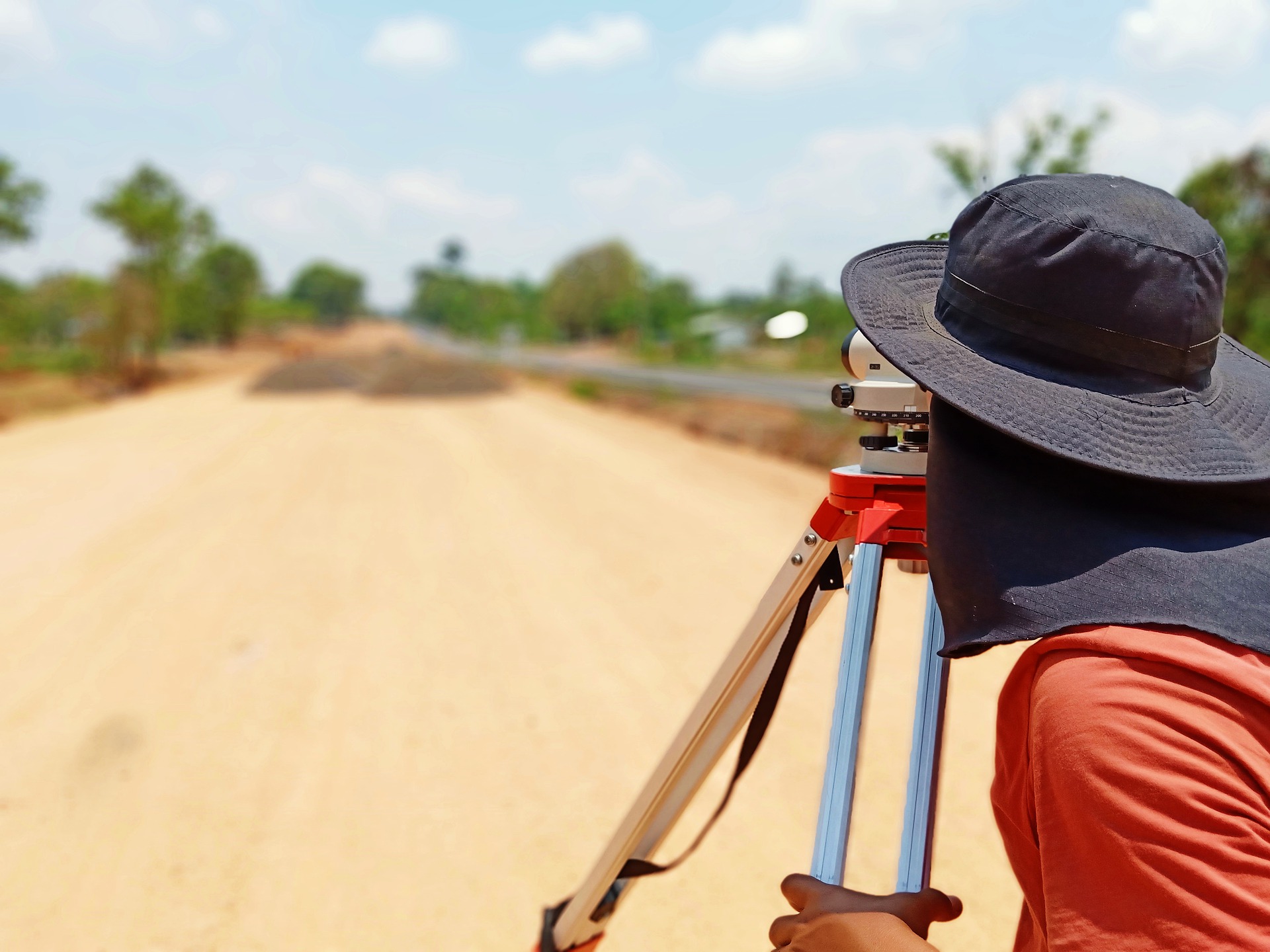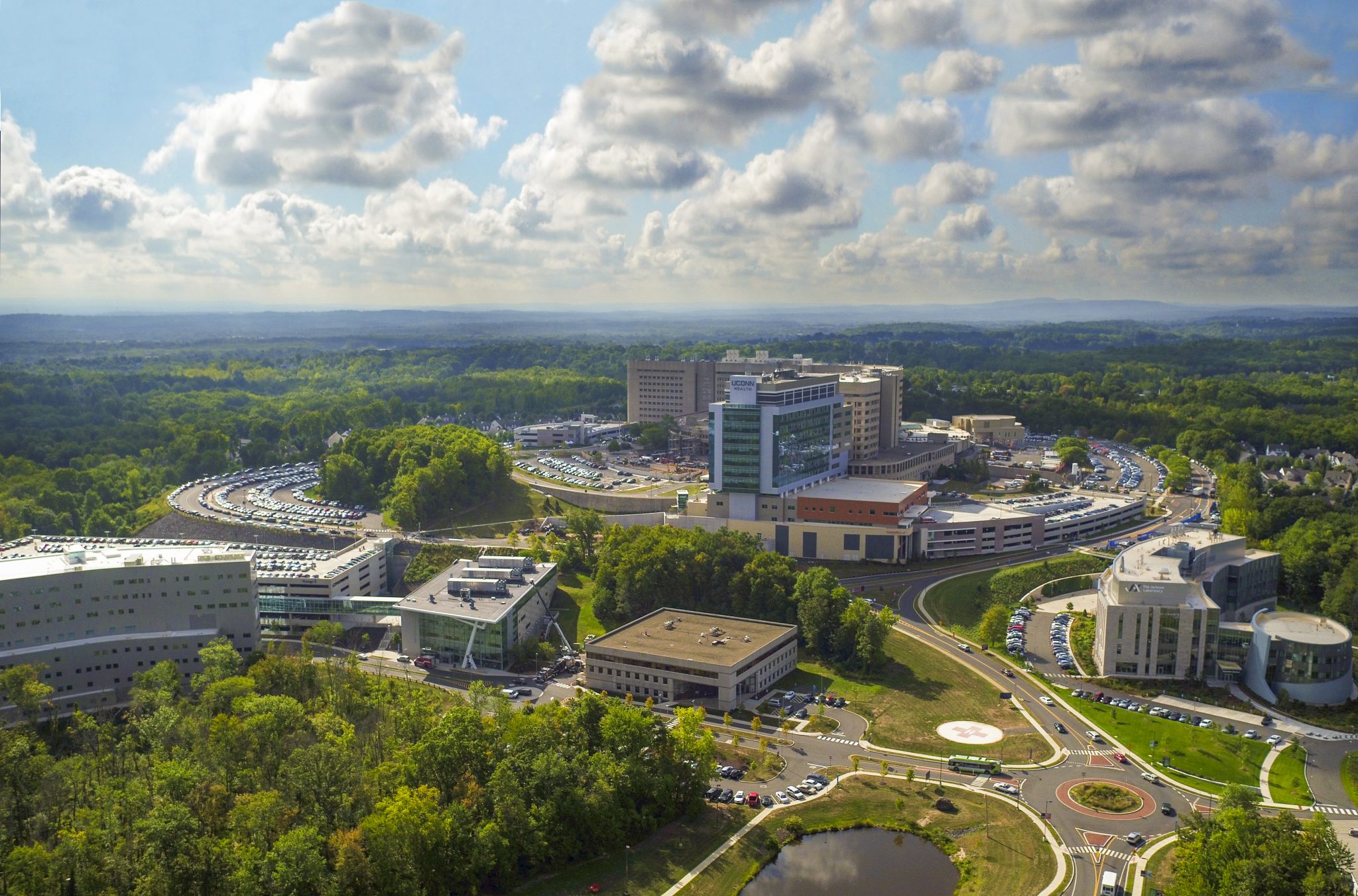Has someone ever told you that climate change is simply another conspiracy created by the government? Well, current environment trends refute that argument as stronger hurricanes become more frequent, flooding and sea levels continue to rise, foundations and built infrastructure crumble. This has become the new norm. The need for a strong geoscience workforce to combat these alarming issues is becoming increasingly important, according to experts.
A team from the Department of Geosciences at the University of Connecticut, led by Lisa Park Boush has received a grant from the National Science Foundation to address this problem in their UConn Geopaths project. Their main focus involves the development and implementation of essential programs for increasing access to geoscience education and research opportunities. By opening doors to education and career paths, they hope to make this field more accessible for the residents of Connecticut.
To do so, UConn Geopaths plans to establish programs at various academic levels including an Early College Experience (ECE) course for high school students in Connecticut, a pre-college summer experience for pre-baccalaureate students interested in the geosciences, an undergraduate internship program and a career mentoring program. Along with these goals, they hope to integrate the regional campuses, two-year colleges, and the UConn Storrs main campus.
An introductory geoscience class will be implemented as an Early College Experience (ECE) course at two different high schools in Connecticut. Also, they plan to recruit more teachers for other ECE programs in numerous school districts including Hartford and Bridgeport where minority populations are high. It is also important to expose students to geoscience in an outdoor setting which is what the pre-college experience will do.
If students want to go on to have a career in the geoscience field, they will then have access to the undergraduate internship program, which will be enlarged to allow a larger influx of interns. Through partnerships with DEEP, consulting firms, entities like land trusts, and the Geological Society of Connecticut, students will develop a rich foundation of knowledge. Along with the internship opportunity, a mentorship will be set up to guide students to a more promising and rewarding career. These programs will ultimately advance their position and success within the geoscience field and community.
Since these initiatives are sustainable, transportable, and measurable, it makes it easy for other states and institutions to replicate and eventually adopt them within their own educational systems. This project will go on to increase the overall visibility of geosciences throughout the world, which is incredibly important as the future of today’s society is uncertain as global issues wreak havoc on our environment.
Lisa Park Boush earned her Ph.D. in geoscience at the University of Arizona. Her research focuses on earth system processes as well as the reconstruction of past climate history and how that impacts coastal and lacustrine ecosystems. She is currently associate dean for research and graduate affairs in UConn’s College of Liberal Arts and Sciences.
Follow UConn Research on Twitter & LinkedIn.
Non-remote work on projects such as the one described above may be temporarily paused due to the COVID-19 pandemic until the University resumes normal operations.



